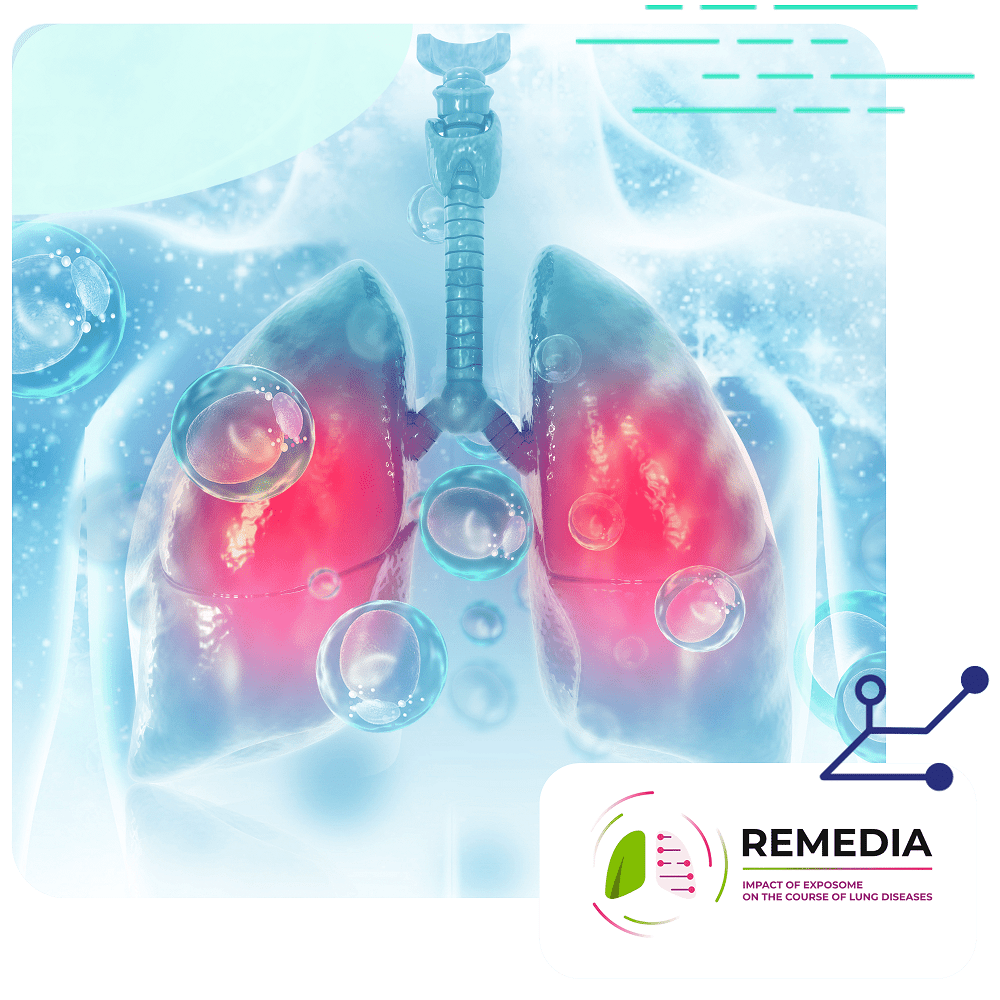Kaduceo: Pioneer in Health Data Analysis in France
Our Story
Founded in 2014 by Matthieu Ortala, Kaduceo is the first French company to introduce a sophisticated automatic analysis tool facilitating comprehensive evaluation and optimization of coding for external activities (emergencies and consultations) in public and private hospitals. This entirely automated approach has profoundly changed the PMSI coding sector, offering a reliable, fast, and cost-effective solution compared to traditional consulting firms. It has significantly contributed to improving the financial resources of hospitals, providing them with nearly 90 million euros in additional revenue.
Pioneering the use of health data and with many years of research and development, Kaduceo has maintained and developed partnerships with doctors and hospitals on the analysis and optimization of care pathways, such as Assisted Reproductive Technology (ART), obesity, or Chronic Obstructive Pulmonary Disease (COPD).
The company, which has surrounded itself with expert doctors and collaborated with over forty hospitals like the Intercommunal Hospital Center of Créteil, is supported by BPI France and the Occitanie Region.

Kaduceo in 2024
By being at the forefront of innovation and research in the field of artificial intelligence, Kaduceo has smartly embraced the shift to generative AI. This strategic orientation allows us today to offer solutions that integrate this cutting-edge technology, automating tasks such as quality controls, report generation, and constantly refining our initial activity: coding optimization. Always attentive to data security in an increasingly complex ecosystem, Kaduceo uses local and French artificial intelligence models on approved Health Data Hosts (HDS), ensuring that medical information always remains within the company's servers.
In addition to designing business solutions for healthcare professionals, the Kaduceo team is dedicated to the development and maintenance of Application Programming Interfaces (APIs) for industrial players. With expertise in health data and associated exchange standards, Kaduceo offers customized white-label solutions to its partners according to their needs. Furthermore, we expand our service offering from providing strategic advice on data usage and management to developing prototypes and Proof of Concepts (POCs) to validate the feasibility of new products.

Engaged in the European health research scene in the REMEDIA-H2020 European project, Kaduceo leverages its expertise in the world's largest network dedicated to studying the impact of environmental exposure on human health. This multi-year project, running until 2024, benefits from a European budget of 11 million euros, involving 13 partners organized into 9 working groups. Kaduceo plays a central role in the H2020 REMEDIA project by preparing datasets, identifying health variables, and harmonizing data between cohorts. As the project leader for H2020 REMEDIA, the company ensures coordination, follows the schedule, and enhances the knowledge-sharing tool. Kaduceo establishes and manages a secure Health Data Warehouse (HADS), automating imports, standardizing data sources, and enriching data with external sources.
Our Ambition
Our ambition is to continue pushing the boundaries of health data analysis using the latest technological advancements. As an innovation-focused company, we aim to shape the future of health data analysis solutions by continually exploring new ideas, collaborating with strategic partners, and developing solutions that have a positive impact on healthcare services on a French and global scale.